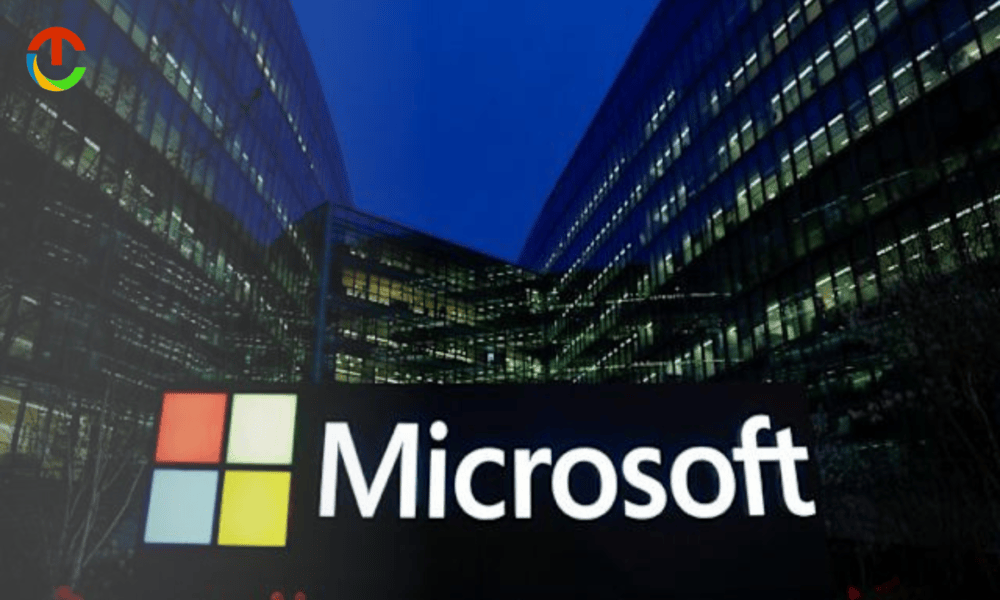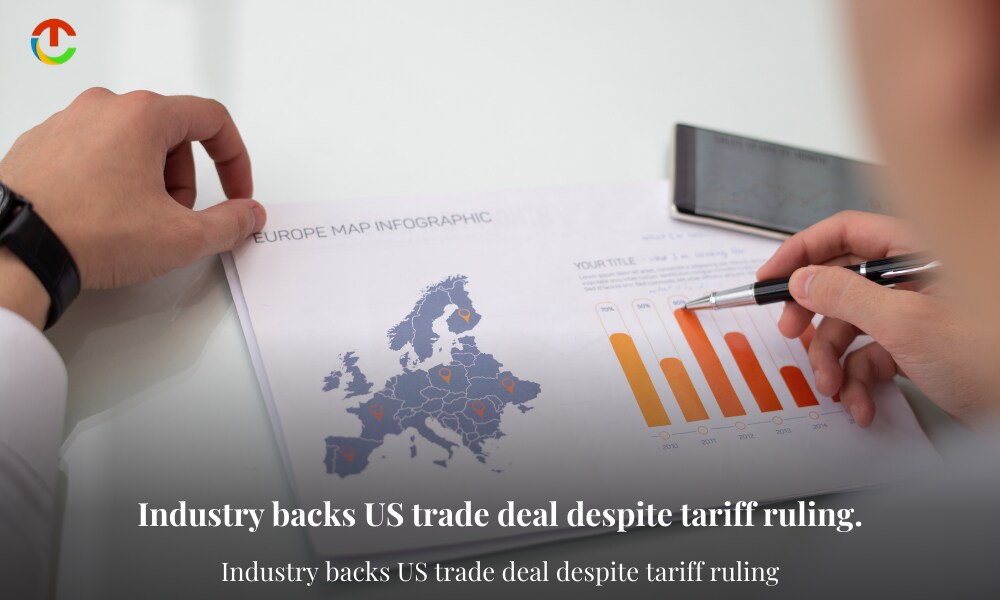The Federal Trade Commission (FTC) has officially dropped its remaining opposition to Microsoft’s $69 billion acquisition of gaming giant Activision Blizzard. This move effectively ends a lengthy legal battle that has been closely watched across the tech and gaming industries.
The FTC’s decision comes after months of regulatory scrutiny, court hearings, and international antitrust reviews. The deal, which was first announced in January 2022, is one of the largest in tech and gaming history. By stepping aside, the FTC signals a notable shift in its approach to challenging major corporate consolidations in the technology space.
Global Green Light: Regulatory Wins for Microsoft
The FTC’s withdrawal marks the final domestic challenge Microsoft faced in completing its acquisition. Internationally, the company had already secured approvals from several major markets, including the European Union and China. The United Kingdom’s Competition and Markets Authority (CMA) had also softened its initial stance and allowed the deal to proceed under certain conditions.
Microsoft’s planned acquisition of Activision Blizzard, the publisher behind global hits like “Call of Duty,” “World of Warcraft,” and “Candy Crush,” is expected to dramatically boost the tech giant’s position in the gaming sector. Analysts say this deal could reshape the landscape of gaming by consolidating a major portfolio under Microsoft’s Xbox ecosystem.
The FTC originally challenged the deal on grounds that it could stifle competition, reduce consumer choice, and harm the broader industry. However, multiple court rulings went against the commission, undermining its case and forcing it to reassess its position.
What This Means for Gamers and the Industry
With the regulatory barriers cleared, Microsoft can now focus on integration strategies, investment plans, and platform expansion. Gamers could see a new era of content availability, with speculation that many Activision titles may eventually be added to Xbox Game Pass, Microsoft’s subscription-based gaming service.
While the FTC’s withdrawal is not an endorsement of the merger, it reflects the agency’s recognition of the legal setbacks it encountered. The case highlighted the complexities involved in challenging large-scale mergers in fast-evolving industries like gaming.
Industry observers note that this outcome may influence how the FTC and other regulators approach future tech consolidations. Microsoft’s success may embolden similar deals, but it also adds pressure on regulators to craft more compelling cases if they wish to block such transactions.
The Road Ahead
Microsoft still faces logistical and operational tasks in fully absorbing Activision Blizzard into its corporate structure. The company has pledged to maintain game availability across competing platforms for the foreseeable future, a commitment aimed at alleviating antitrust concerns.
For now, the tech world watches as a historic deal moves forward, signaling a potentially transformative chapter for Microsoft and perhaps a recalibration for the FTC in its regulatory strategy.
Read what Tamecka says









